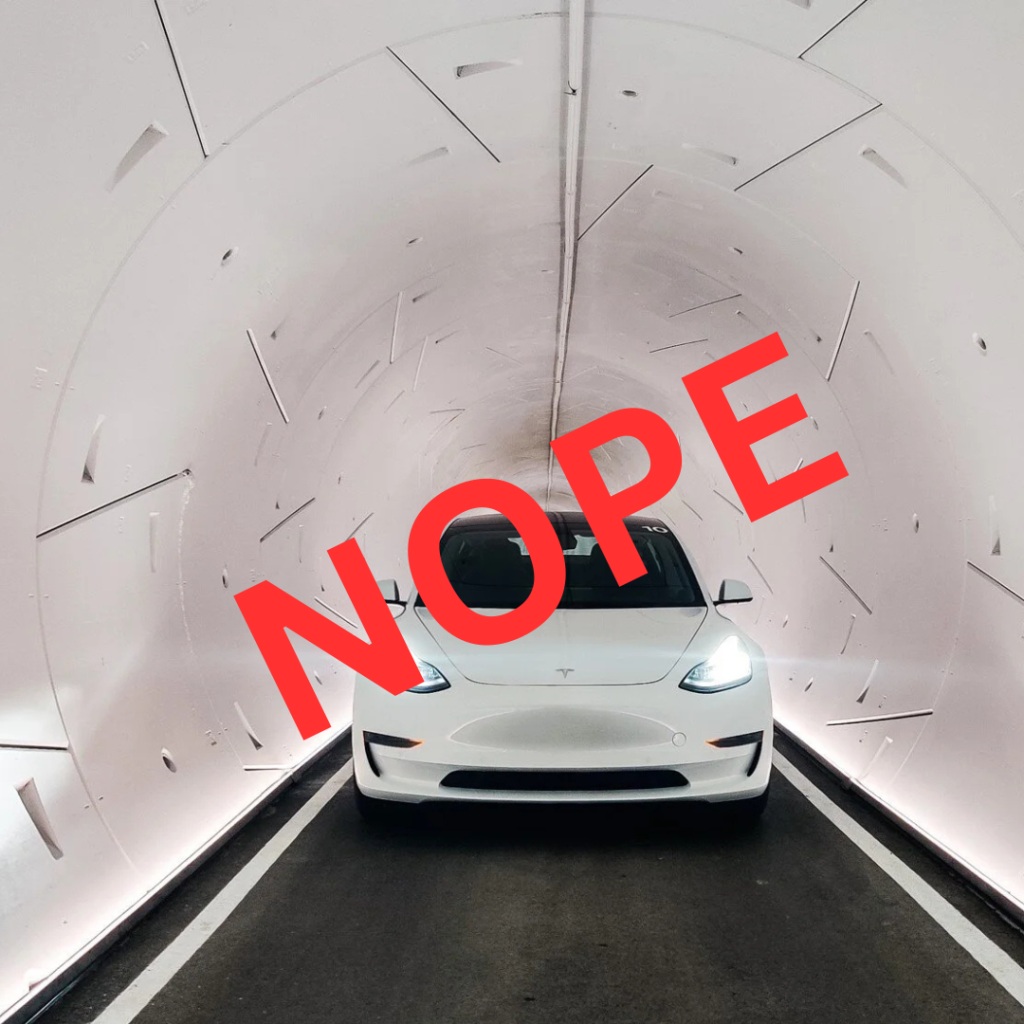The American Prospect reports
on a bi-partisan panel at the University of Minnesota last week where
some dyed-in-the-wool Republicans declared their affinity for urbanism
and opposition to sprawl:
Policies in favor ofdense development shouldn't be viewed on a left-right spectrum andcertainly needn't be filtered through culture-war rhetoric, thepanelists said. In fact, one doesn't have to be concerned about climatechange at all in order to support such policies; values of fiscalconservatism and localism, both key to Republican ideology, can bebetter realized through population-dense development than throughsprawl.
Tom Darden, a developer of urban and close-in suburbanproperties, said Wednesday, "I'm a Republican and have been my wholelife. I consider myself a very conservative person. But it never madesense to me why we would tax ordinary people in order to subsidize thisform of development, sprawl." Darden told the story of a road-pavingproject approved by North Carolina when he served on the state'stransportation board. A dirt road that handled just five trips per daywas paved at taxpayer expense, with money that could have gone towardmass transit benefiting millions of people.
"Those were driveways, in my view, not roads," Darden said.
Now that U.S. taxpayers will probably have to bail out the Highway Trust Fund to the tune of $8 billion, how much longer can the free-spending road-building industry masquerade as an enabler of personal freedom?
Personal
sidenote: Stories like this remind me of my high school calculus
teacher, Mr. Hall, who was conservative through and through, and didn't
shy away from sharing his views in class. When he was a kid, his
family's farm ceased to be viable when it got split down the middle to
make way for I-91. Much of his distaste for government seemed to spring
from this fact. Not that eminent domain doesn't have its uses, but here
was a guy whose conservatism was rooted in opposition to highway
building.






